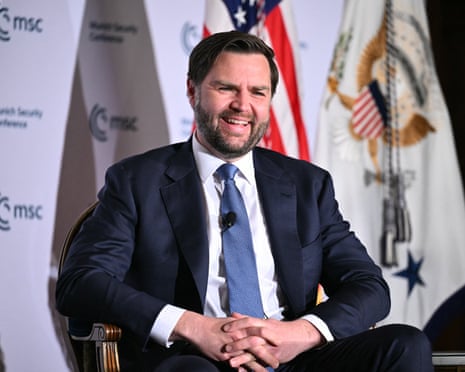Leadership in Uncertain Times: Challenges and Choices Europe Must Face
Europe finds itself at a crossroads. Its leaders must navigate a landscape shaped by shifting alliances, emerging security risks, and evolving commitments. But as global dynamics change, European policymakers are faced not only with opportunities for cooperation but also tough choices about the continent's future.

Security Challenges and Transatlantic Discussions
The Munich Security Conference has become known for its candid dialogues. It’s not unusual for American and European voices to differ, but the conversation often centers on the need for unity in facing shared threats. During a recent session, U.S. vice president JD Vance acknowledged contrasts, stating “It’s not Europe bad, America good”. But the emphasis remains on strengthening cooperation, even while national interests vie for attention.
But policy shifts present challenges. For example, Republican leaders in the U.S. have called for Europe to increase its defense spending within NATO. As outlined in The Guardian's live coverage, some leaders believe Europe is catching up but still has work to do. Calls for a more self-sufficient Europe are growing louder, underlining the need for both unity and autonomy.
The Push for Self-Sufficiency
There is broad consensus on the importance of security, but the best path forward is debated. Some officials regret past decisions, wishing they had listened to their European allies earlier. But others see opportunity in increased collaboration.
Events on the ground reveal another layer. European leaders must respond swiftly to crises, such as recent university protests or developing situations in Ukraine. But despite the tension, there is a sense that solutions are possible if democratic values and open dialogue prevail.
Looking Forward: Unity or Division?
Europe’s resilience is often tested. Security, economic stability, and political unity require constant attention. But history shows that challenges can also inspire reform and progress.
To learn more about how diplomatic tones are shifting at critical international meetings, explore Reuters’ analysis of Vance’s conciliatory remarks.
Conclusion: The Path Ahead for Europe
European leaders face daunting odds, but also a wealth of experience and resources to draw from. The world waits to see how Europe will strike a balance between alliance obligations and independent action. But one fact is clear: adapting to uncertainty is now a defining feature of European leadership.